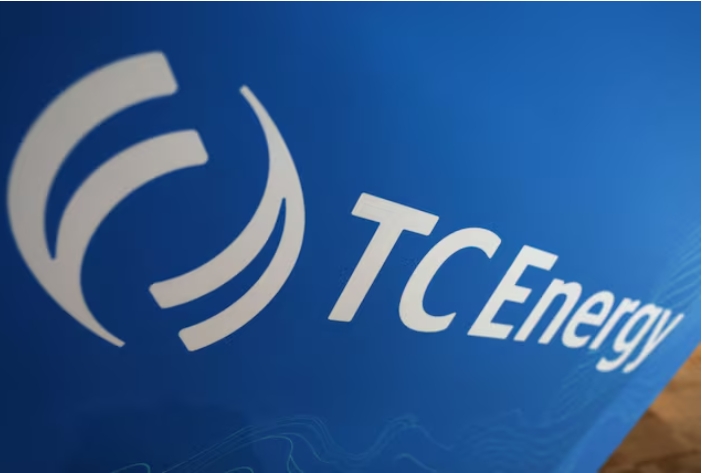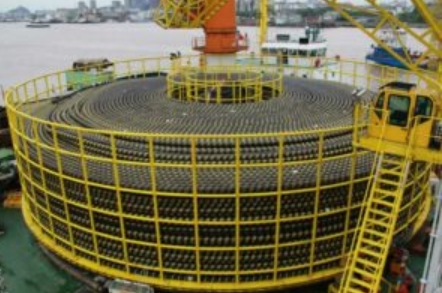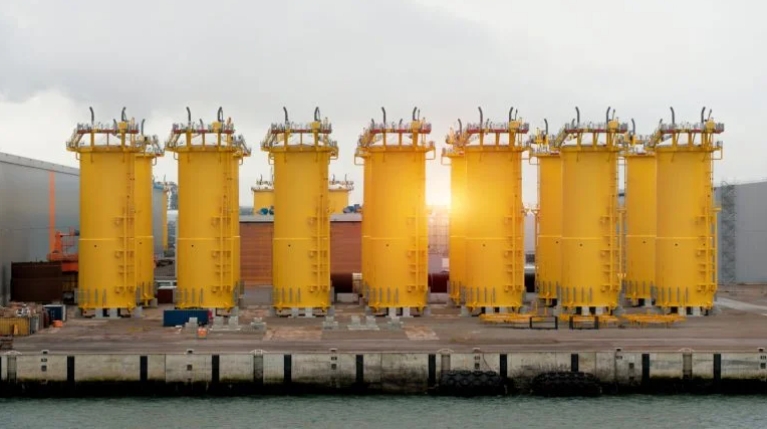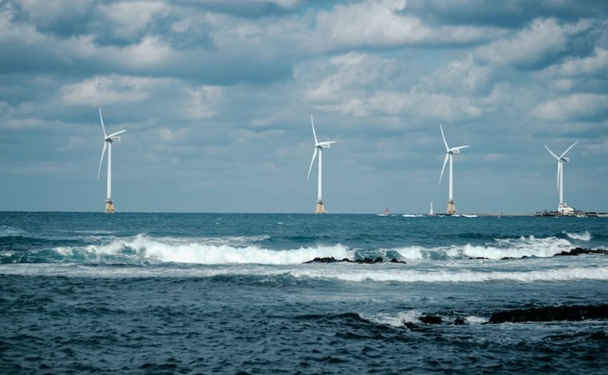
The spin-off will help Calgary-based TC lower its high debt load and focus on moving natural gas.
South Bow's assets consist of nearly 4,900 kilometres of liquids pipelines that connect oil supply in Alberta and parts of the United States to refining markets in Illinois, Oklahoma and Texas.
Its signature asset is the 622,000 barrel per day Keystone pipeline, a key export conduit for Canadian crude.
"Spinning off South Bow will allow both companies to maximize the value of their respective assets," TC Energy CEO Francois Poirier said at the company's annual general meeting in Calgary. "Each company will have the ability to focus on their distinct strategies and opportunity sets."
South Bow will carry a high debt load of C$7.9 billion ($5.78 billion) due to TC and faces competition from other pipeline companies looking to expand shipments to the U.S. Gulf Coast market.
BMO Capital Markets analyst Ben Pham said in a research note last week that South Bow's narrow asset base and lower growth forecast than TC could also weigh on its valuation.
However the new company will benefit from long-term shipping contracts covering 94% of capacity on Keystone, providing guaranteed revenues.
Bevin Wirzba, TC's executive vice-president of liquids pipelines, is set to become the new CEO of South Bow. He said the two companies will legally separate in the autumn and South Bow will be listed on the Toronto and New York stock exchanges.
Before deciding to spin off its liquids pipeline business TC held discussions with two separate energy infrastructure companies about setting up a new joint venture entity, according to a TC management information circular released in April.
"This implies that South Bow could be viewed as a takeout candidate when it starts trading," Scotiabank analyst Robert Hope said in a note to clients.







